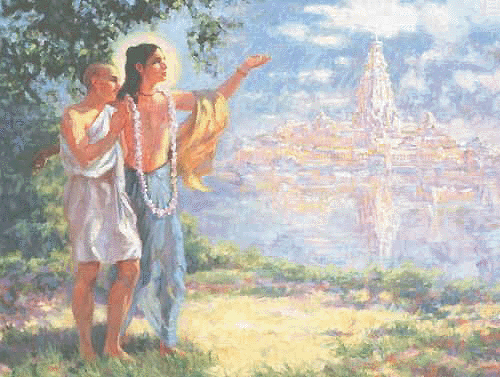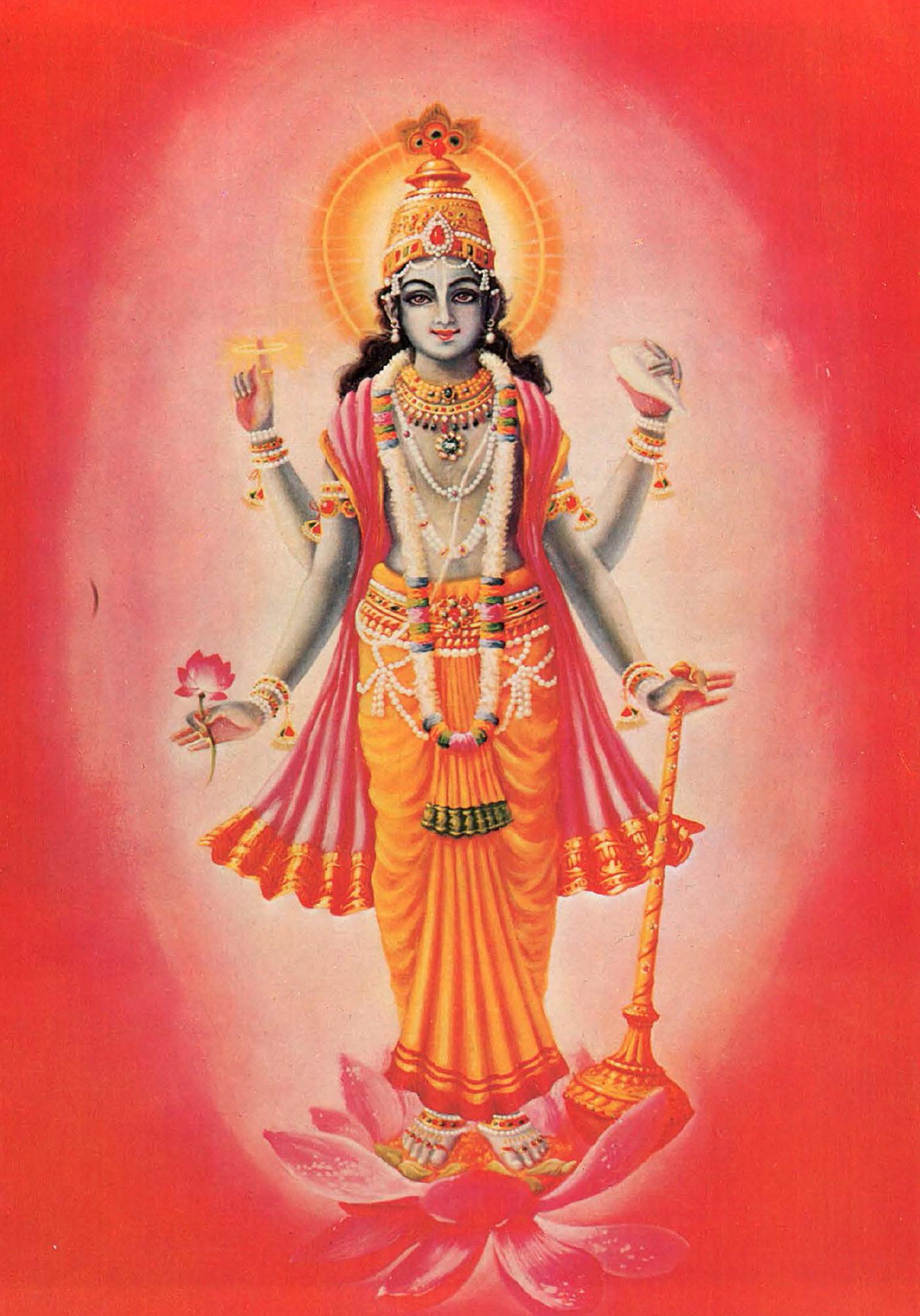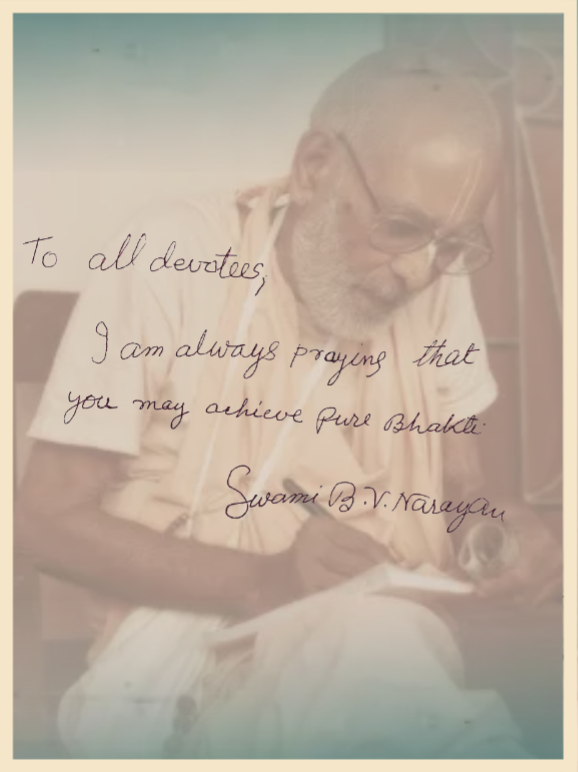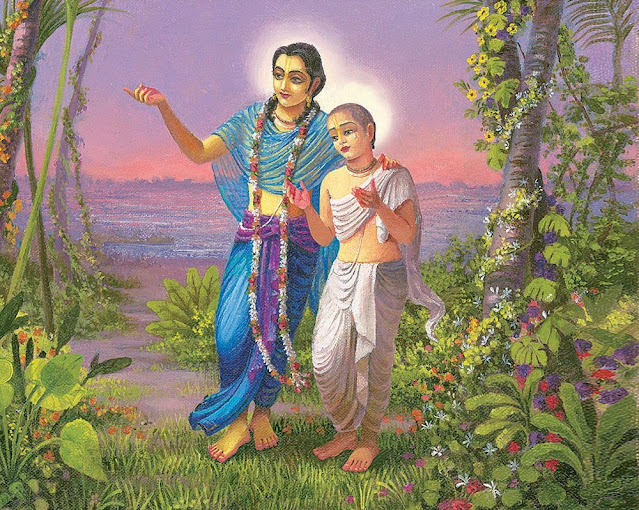8. "I have to serve God in the straightforward way."

"As the saying goes, 'having started on the dance it is no use to draw close the veil.' I am doing the duty of the Guru, but if I preach that no one should shout 'Jai' to me, that is to say, if I say in a round about way, 'sing Jai to me,' it would be nothing short of duplicity. Our Gurudeva has not taught us such insincerity. Mahaprabhu has not taught such insincerity. I have to serve God in the straightforward way . The word of God has come down to the Gurudeva; I have to obey it in all sincerity. I will not disrespect the Guru at the instance of any foolish or malicious sectarians." - by Śrīla Bhaktisiddhānta Sarasvatī Ṭhākura Prabhupāda Excerpt from " Assuming Responsibility Of Being Guru" https://www.bvmlu.org/SBSST/guru.htm














.jpg)
